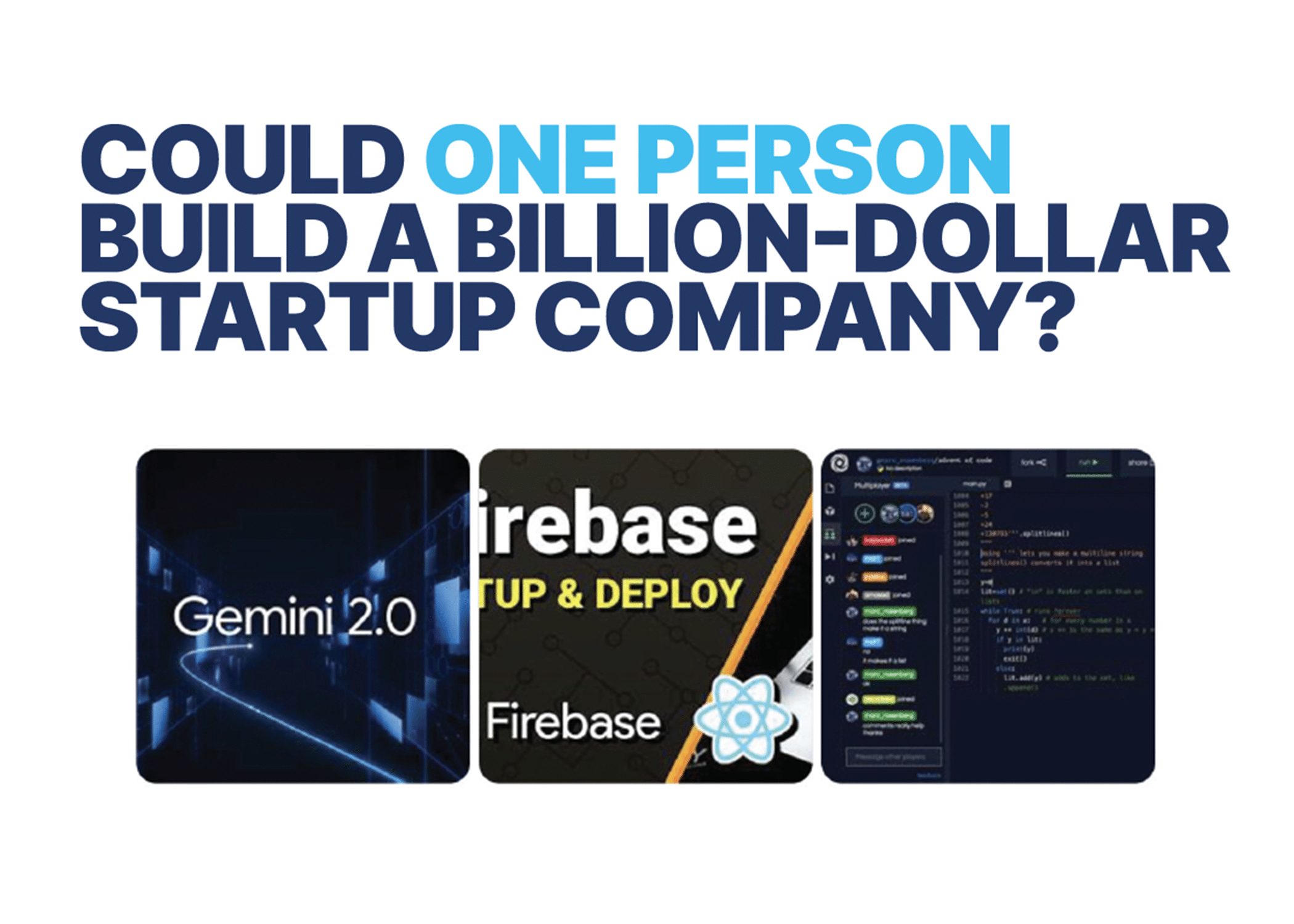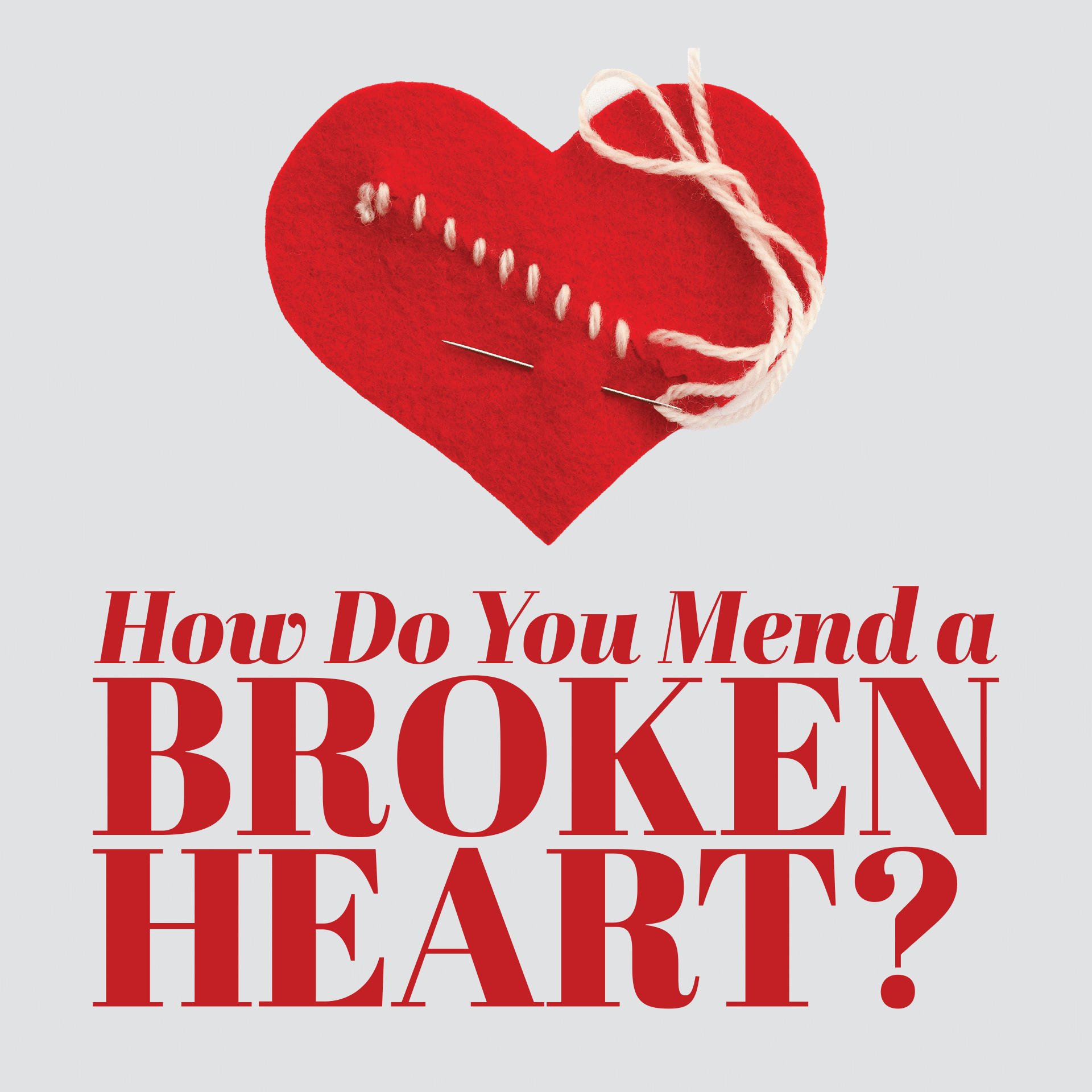Have you heard the joke that marketing is like sex?
Every company thinks they’re good at it…but few actually are.
That joke is usually followed by a statement like, “It’s easier to identify a hundred companies that market poorly than ten that market superbly.”
So what is great marketing, setting a company apart from the rest?
To answer this question let’s start with Philip Kotler, a world renowned marketing genius who has been dubbed “The Father of Modern Marketing.”
Kotler was the Distinguished Professor of Marketing at Northwestern University for 56 years (Northwestern’s MBA Program is ranked #3 in the U.S. and #4 in the world). He’s also written more than 80 books on the subject.
Kotler says in today’s world companies with great marketing focus on “the consumer relationship.”
But this wasn’t always the case.
Prior to the Internet and social media, marketing was mostly centered around getting consumers to purchase a company’s product or service, which was referred to as “the exchange.”
In fact, Kotler’s definition of marketing back in 1980 was simply “Satisfying needs and wants through the exchange process.”
But with the mass proliferation of social media platforms, consumer connectivity, and ease of communication post millennium, modern marketing has become customer centric.
Today Kotler defines marketing as “The process by which companies engage customers, build strong customer relationships, and create customer value in order to capture value from customers in return.”
Did you notice the key word in that quote?
In the past companies advertised to their customers. Now companies communicate with their customers. What was once a one way street is now a superhighway flowing in both directions.
But there is another big difference between the marketing of the past and present.
Kotler explains that marketing used to be considered more of a creative industry, sometimes referred to as the “art of advertising.” Big marketing firms were always on the lookout for “creative genius.” Clever, cut through messaging and eye-catching imagery were the driving force behind great marketing in the past.
But today marketing is considered by experts to be a science. It pulls heavily from psychology, mathematics, sociology, anthropology, and other fields, making it more of an empirical discipline than one of imaginative artistry.
“Build a better mousetrap and the world will beat a path to your door” is a derivation of a quote by Ralph Waldo Emerson from the late nineteenth century.
Many believe that has never been more true due to online communication. If a company has a great product, some believe traditional marketing isn’t necessary because happy customers give rave reviews, spreading the message far and wide, reaching a massive audience without a massive advertising budget.
Remember Polaroid CEO Edwin Land from The Success Trap article I wrote a few weeks ago?
He once said, “Marketing is what you do when your product is no good.”
Bernard Arnault, CEO of Louis Vuitton (and the third richest man in the world) said, “We don’t do marketing; we just create products that are exceptional in design and craftsmanship.”
Respectfully, they’re both wrong…and they know it. They’re just being excellent marketers by implying that their products are so good they don’t need to be marketed.
Now that’s world-class marketing!
The reality is that both Polaroid and Louis Vuitton employed aggressive marketing to achieve success, the latter of which continues to do so. Louis Vuitton ads consistently appear in media that appeals to the wealthy.
If you build a better mousetrap today the world may beat a path to your door more than before, but that doesn’t negate the power of accelerating your growth via “traditional” marketing.
Failing to creatively and robustly market a breakthrough product or service can be dangerous. Building a better mousetrap, then “kicking back” to watch sales grow can give would-be competitors a chance to emulate what you have, market it big and fast, take market share, and ultimately steal your potential success by becoming the predominant brand.
Are there exceptions? Yes. Uber would be one. It grew fast without a lot of traditional advertising. Why?
Uber’s situation was unique. It broke established rules, like encouraging people without commercial driver’s licenses to drive others around for hire. This created enormous publicity, and endeared them immediately to “early adaptor” rebels, while also discouraging imitators from adapting their initially “illegal” business model.
I’m widely known as the CEO/Founder of 72SOLD. While most think of me as a real estate guy, I think of me more as a marketing guy. Next week I’ll share my unusual (and aggressive) view on how to cut through the clutter and market anything successfully.
Until then I’ll leave you with this thought:
Seth Godin once said, “Marketing is a competition for people’s attention.”
I agree, but would modify that to say:
“Marketing is a message that gets people’s attention and compels them to engage with you.”
It could be argued that anything more complex is a marketing misconception.












